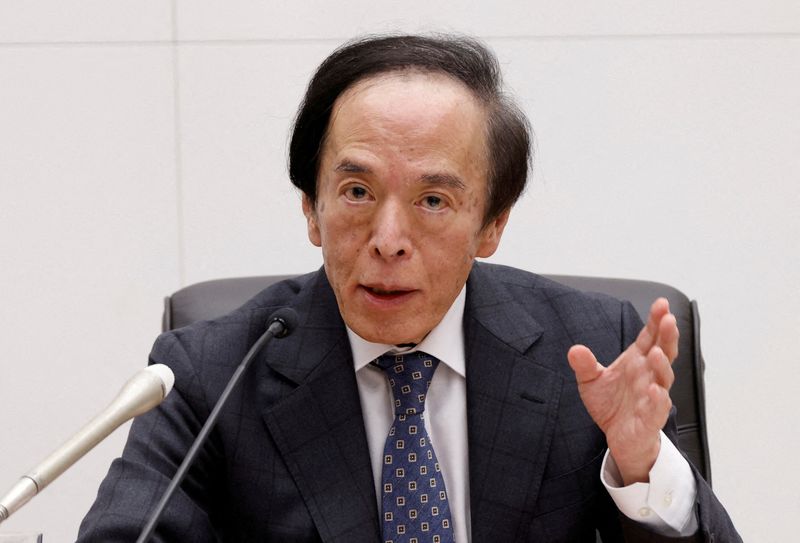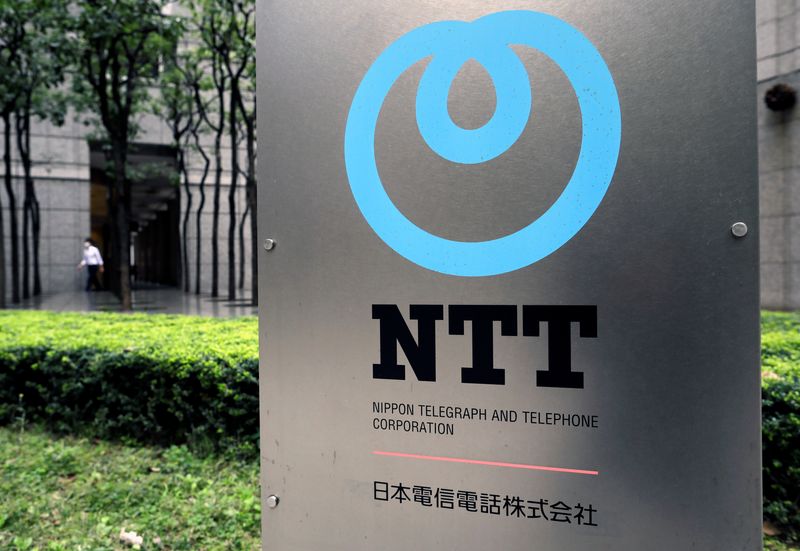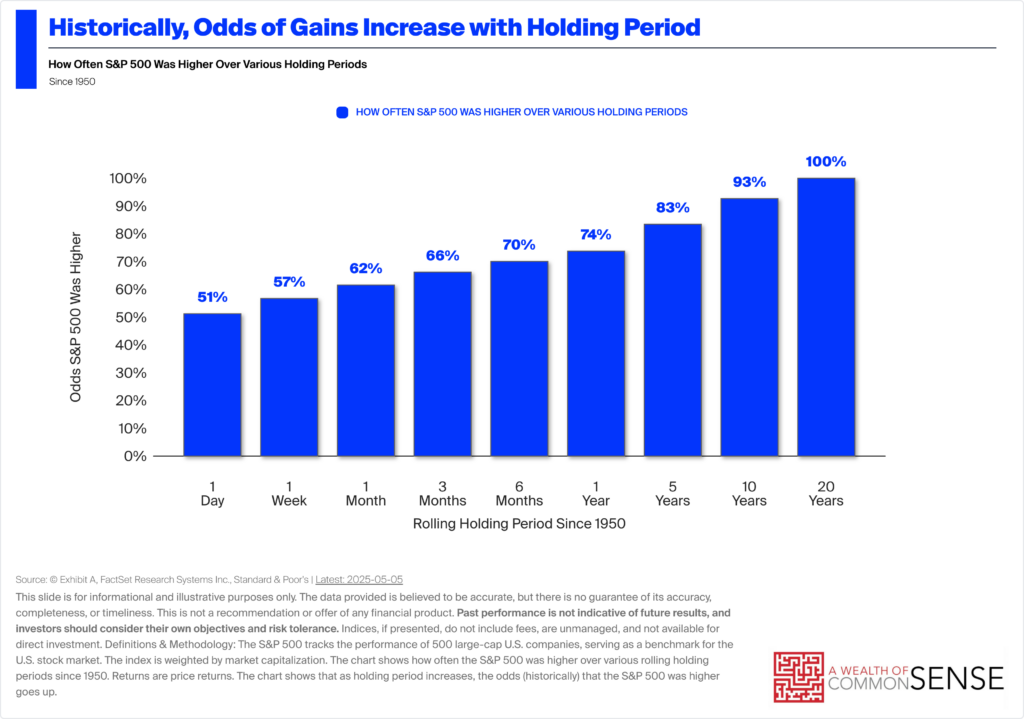Corporate giants ramp up AI spending amid persistent ‘FOMO’
Massive AI investment is expected to continue this year.

Good morning. Over the past few years, AI has become a major focus for companies across industries.
“There’s been a huge amount of activity since [OpenAI’s] ChatGPT launched about two and a half years ago,” Benedict Evans, an independent analyst, told the audience at Fortune Brainstorm AI in London on Tuesday. Evans has spent 20 years analyzing media and technology, having worked in equity research, corporate strategy, and venture capital.
“We've got lots of new buzzwords and acronyms, and people talk about [AI] agents—or, if they want to sound clever, they say ‘agentic,’ which I think is a bit like saying ‘societal’ instead of ‘social,’” he said. But most profoundly, there has been a huge increase in the amount of AI investment, Evans said.
“Last year, the Big Four cloud companies spent about $220 billion building AI infrastructure,” he explained. Evans refers to the "Big Four" as Alphabet, Meta, Amazon Web Services, and Microsoft. “This year, based on their guidance, they'll probably spend something over $300 billion,” he said. For example, Meta recently announced an increase in its 2025 capital expenditure outlook to between $64 billion and $72 billion to support its AI buildout and the expected costs of infrastructure hardware, Fortune reported.
Along with the massive AI investment by companies, there's still “a strong sense of FOMO”—fear of missing out, he said. “You don't want to be the company that didn't participate, and then be faced with having other companies dictate how you could do business,” he explained. That's what happened to Meta in the last platform shift, and that's why Google created Android, Evans said.
Regarding generative AI, some use cases that are really working for people include job development, marketing, and customer support, he said. However, he noted that some organizations still struggle to identify the best use cases for generative AI.
“There are people who’ve looked at it a couple of times and said, ‘I don't know what to do with this,’” Evans explained. “It's not really clear how you handle error rates, or where you should put the human in the loop.” People are also worried about data security.
For example, the "2025 AI Survey: Generative AI Adoption in the Enterprise," released by Writer in March, found that 72% of C-suite leaders surveyed said their company has faced at least one challenge on their journey to generative AI adoption. Internal power struggles, underperforming tools, and clashing perspectives among executives and employees are among the obstacles. However, the majority of workers and executives who have actively used generative AI say they benefited from the tools, according to the report.
Evans said it’s really up to the software companies that create AI products to guide users on how to best utilize those technologies, rather than expecting users to figure out every use case themselves. He also said the question, “What is our AI strategy?” is not just for the CIO, but for the CEO and CFO as well.
Sheryl Estrada
sheryl.estrada@fortune.com
*****
New survey alert: Tariffs could potentially reshape the business landscape, raising concerns about new risks and cost pressures. As a finance leader, your insights are critical. By sharing your perspective in CFO Daily’s short survey on tariffs, your experience can help others turn risk into resilience. Please take a few minutes to complete the survey and join your peers in shaping how the Office of the CFO navigates this era of trade uncertainty. Share your voice—you can complete our survey here. Thank you!
This story was originally featured on Fortune.com







































































































































































